Baixo Alentejo, a vibrant region in southern Portugal, travelled to Brussels to present the European Wine City 2026 programme, marking an important step in showcasing its wine, heritage and tourism potential on the European stage.
The European Network of Wine Cities (RECEVIN), which coordinates the European Wine City programme, has crowned Baixo Alentejo with this distinction. It recognises the region’s 13 municipalities for their innovative strategy in the economic and regional development of wine and tourism, as well as its status as the birthplace of Talha wine, a traditional Portuguese wine crafted in large clay amphorae known as talhas.
In 2026, Baixo Alentejo will host 25 events over 235 days, making it a must-visit destination for wine lovers and curious travellers alike. From the Mértola Wine Festival to Wine in Water and Wine Talks with Science, these activities will blend wine with arts, science, heritage and sport, appealing to a wide range of interests. With one in four households tied to the wine sector, visitors will experience a living wine culture rooted in two millennia of tradition.
To honour winemaking and wine tourism, RECEVIN selects one region each year to showcase excellence in both fields, awarding it this prestigious title. The project is organised by the network in collaboration with wine city associations in the countries where RECEVIN is represented. This designation not only celebrates Baixo Alentejo’s rich wine heritage but also underscores wine’s broader impact on the economy and culture.
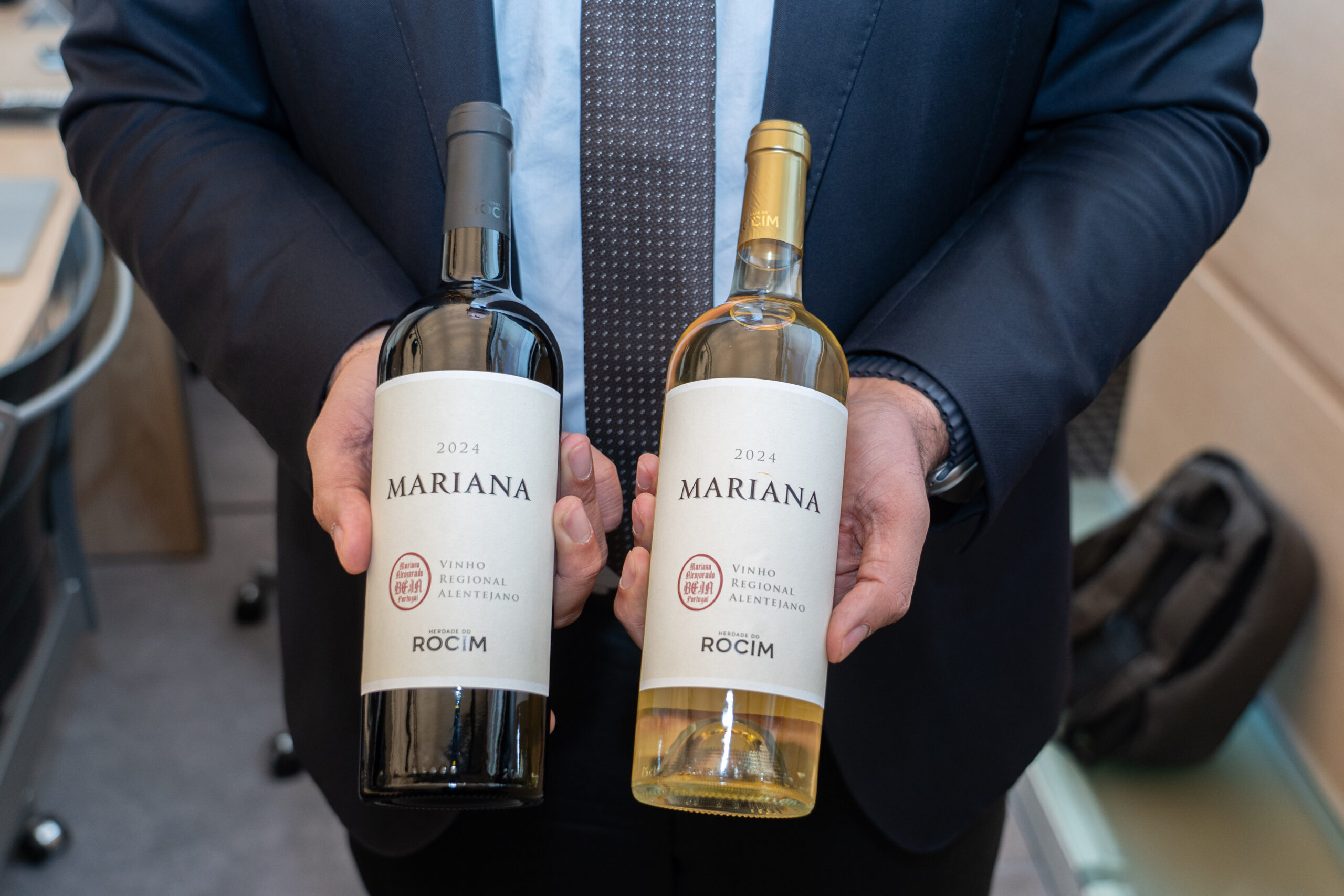 © Aris Setya
© Aris Setya
“Wine generates investment, creates jobs, encourages agricultural innovation, and stimulates the restaurant, accommodation, and retail sectors,” said Luís Encarnação, President of the Board Association of Portuguese Wine Municipalities (AMPV), during a press conference in Brussels.
But for the Portuguese, wine is more than an economic product. It symbolises history, culture, tradition, science, and sustainability. “We are celebrating a region with more than 2,000 years of wine-making tradition where vineyards, culture, and people have formed a living heritage,” said António Bota, President of the Baixo Alentejo Intermunicipal Community (CIMBAL).
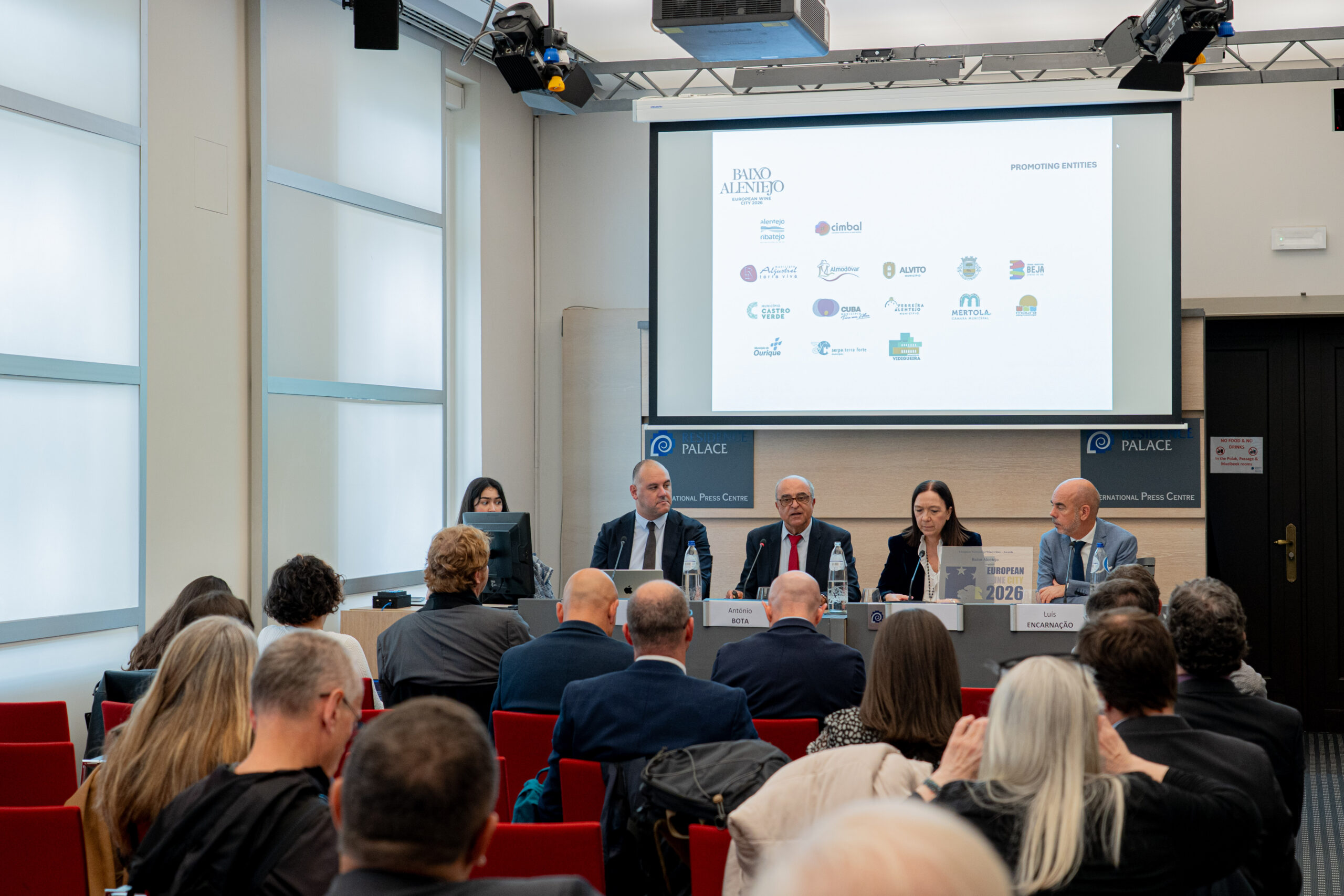 © Aris Setya
© Aris Setya
This deep-rooted wine tradition is complemented by Baixo Alentejo’s modern commitment to sustainability, which strengthens its appeal. With 537 winegrowers cultivating 5,880 hectares of vineyards, the region blends centuries-old practices with environmentally conscious cultivation. Notably, 59% of this area (3,455 hectares) is part of the Alentejo Wine Sustainability Programme, with 167 winegrowers participating. Ten producers have earned the Sustainable Production Certificate, and nine hold a PSVA certificate, showcasing the region’s dedication to eco-friendly winemaking.
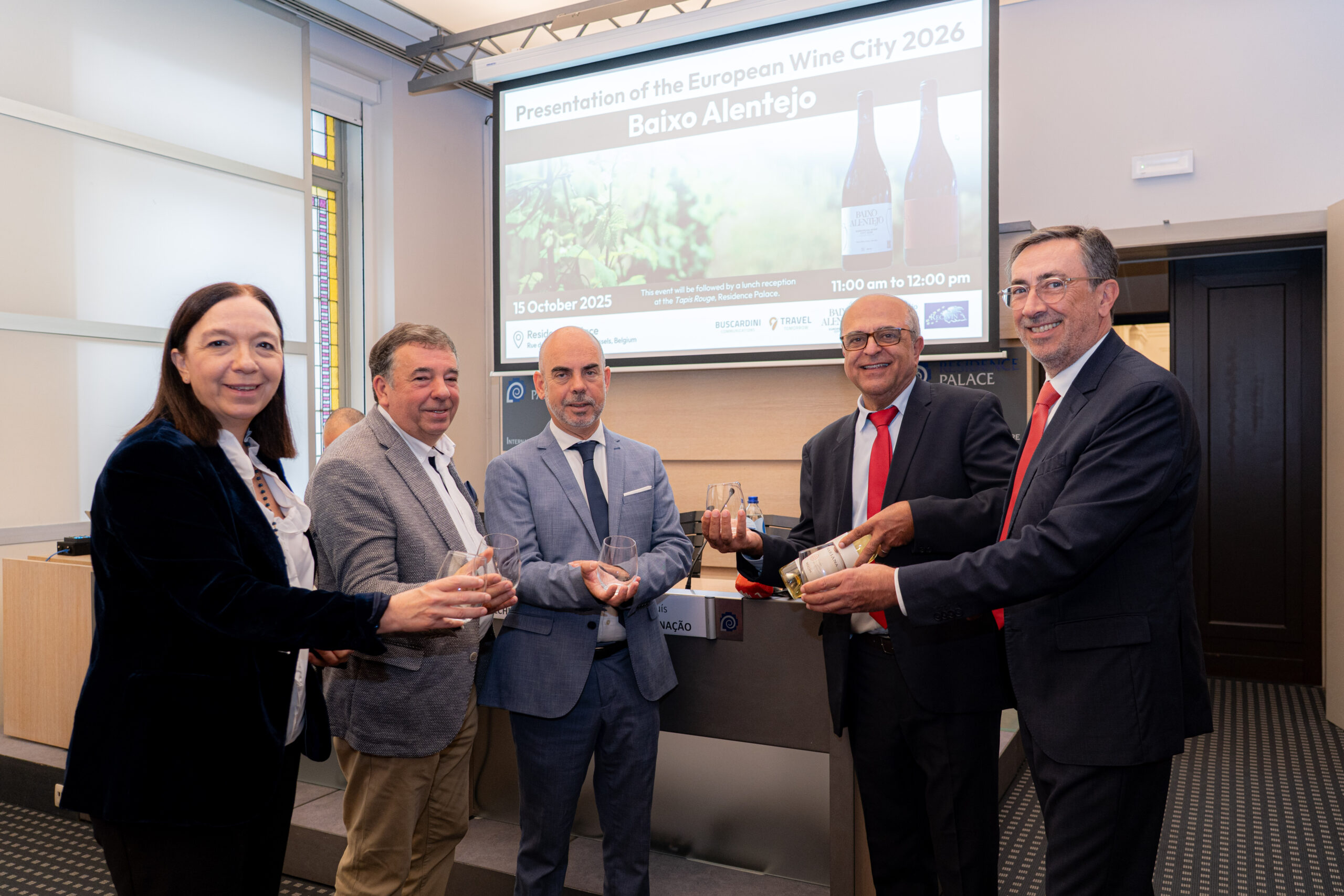 © Aris Setya
© Aris Setya
Additionally, wine tourism allows for better management of the tourist influx by drawing wine enthusiasts to less crowded areas. “Wine tourism allows us to diversify our tourism offer, reduce seasonality and bring visitors to the interior regions, where tourism was once scarce,” noted Encarnação.
He further emphasised that modern tourists seek authentic experiences that connect them directly to the land and its people. “Through wine, we promote balance between the coast and the interior, we strengthen social cohesion and we project an image of Portugal as a modern, sustainable and authentic country.”
During their visit to Brussels, the Baixo Alentejo delegation also had the opportunity to present the European Wine City 2026 programme at the European Parliament, thanks to the support of MEP Paulo do Nascimento Cabral, who hosted a special session to highlight the initiative and its significance for Portugal and the wider European wine community.
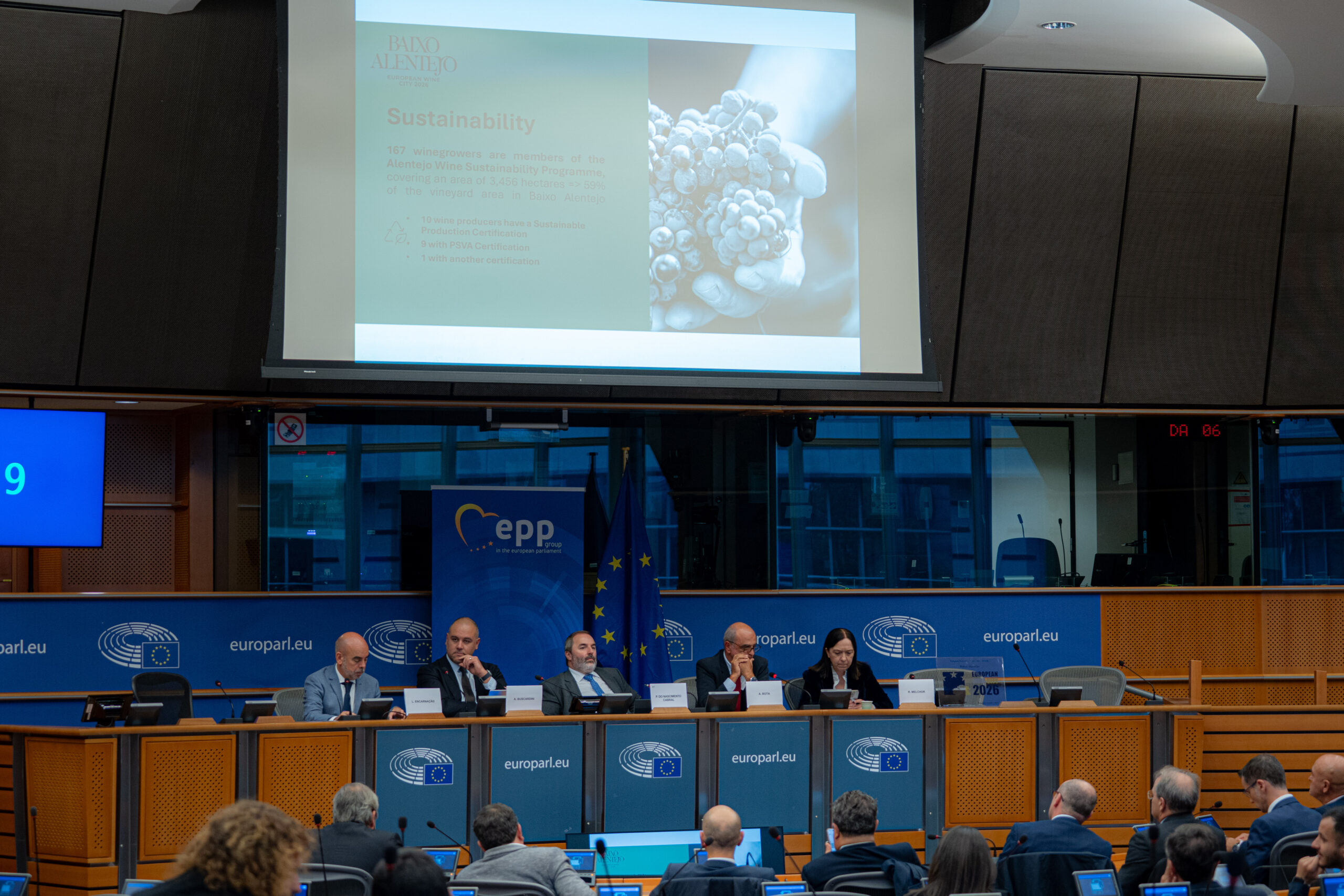 © Aris Setya
© Aris Setya
RECEVIN brings together more than 1,000 European cities that share a culture and passion for wine. The initiative fosters collaboration and helps strengthen the sector. “Cooperation among the cities in the network allows us to develop joint projects to promote wine tourism, defend designations of origin and launch major European events — such as the one that brings us together today, the election of the European Wine City 2026,” said Rosa Melchor, President of RECEVIN.
This further promotes Europe as a destination for wine lovers, offering opportunities to explore renowned wines, visit vineyards and cellars, and taste local produce.

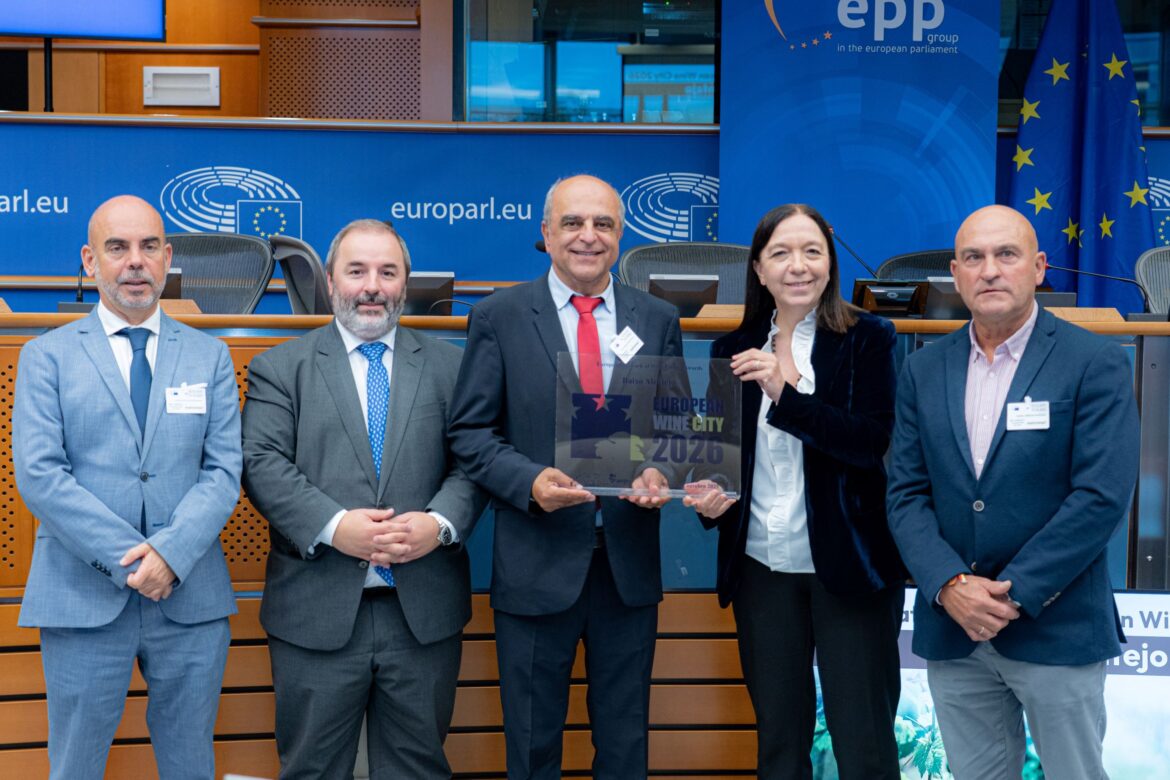
Dining and Cooking